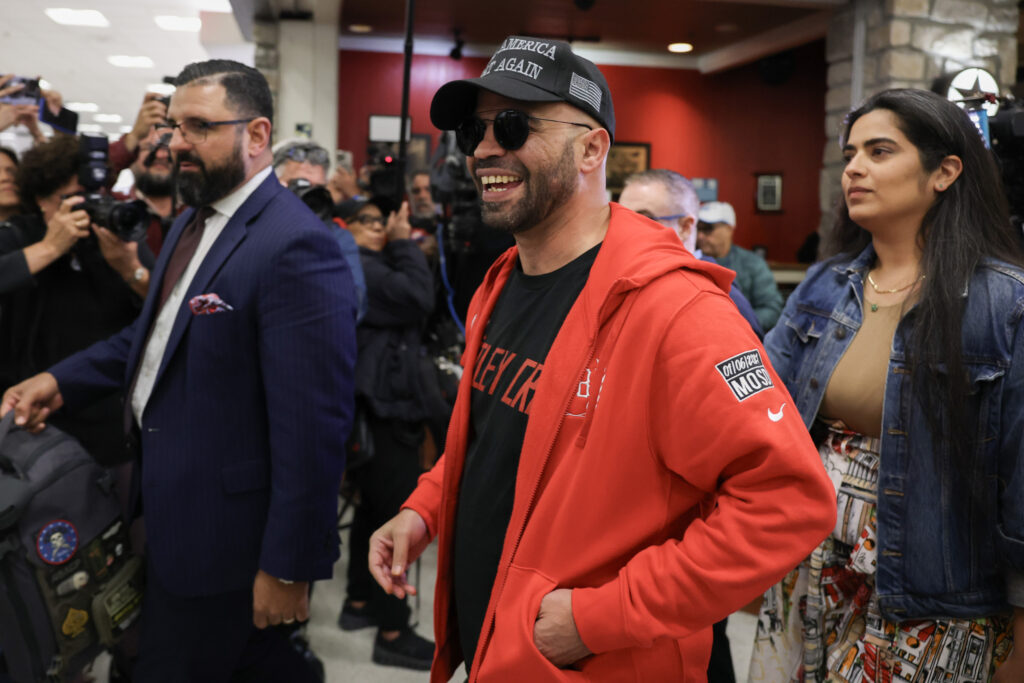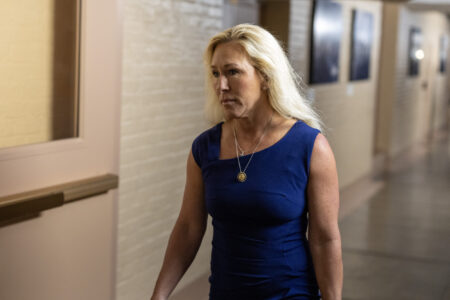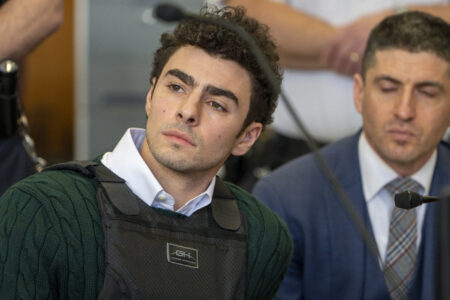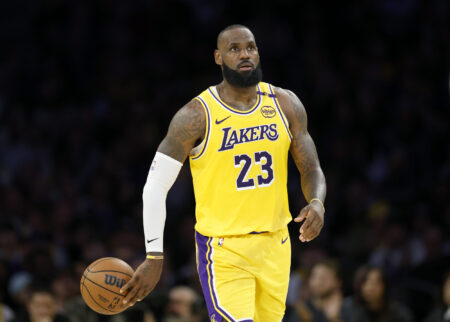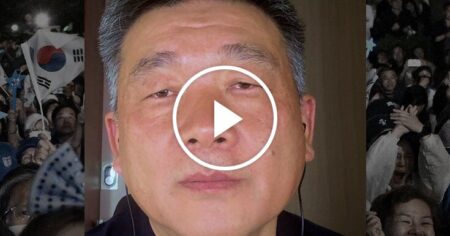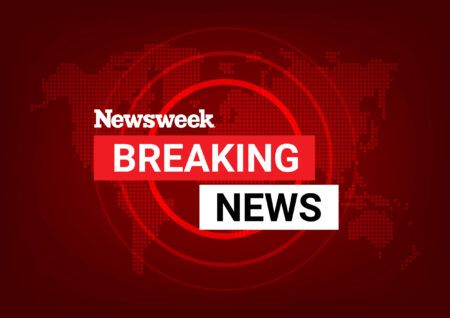Enrique Tarrio, former leader of the far-right group Proud Boys, said on Friday that he has not spoken to President Donald Trump or his administration since being pardoned of crimes related to the January 6 attack on the U.S. Capitol.
Why It Matters
Tarrio was released from federal prison following Trump’s sweeping pardons of figures tied to the January 6 Capitol attack after his inauguration on Monday. The former Proud Boys leader was convicted of seditious conspiracy and other charges and had been serving a 22-year prison sentence when he was pardoned.
Trump pardoned over 1,500 convicted defendants connected to the Capitol riot. The president was asked about the move to pardon the defendants, who he calls political hostages or prisoners, in an interview with Fox News‘ Sean Hannity on Wednesday.
The president responded in part, “Most of the people were absolutely innocent, okay? But forgetting all about that, these people have served horribly, a long time… You know how many people we’re talking about? 1,500 people. Almost all of them are… should not have happened.”
“And the other thing is this,” Trump said, “Some of those people with the police, true, but they were very minor incidents, okay? You know that they get built up by that couple of fake guys that are on CNN all the time. They were very minor incidents. And it was time.”
What To Know
During an interview with CNN’s Laura Coates, which was broadcast on Friday night, Tarrio said that he had not spoken to Trump or the White House since being pardoned and released, despite wishing that he had the president on “speed dial.”
“I wish I had Trump on speed dial,” Tarrio said. “Unfortunately, I don’t. But, no, I have not been contacted by the administration. But I would love a chance to speak with the president about criminal justice reform.”
Newsweek reached out for comment to the White House via email on Friday night.
When asked whether or not he stood by his post-indictment apology for January 6, Tarrio argued that he never meant to take responsibility for the riot but claimed that he was sorry “for what happened” to some members of the Capitol Police.
“I want to be clear. When I say I am sorry, or I apologize to those officers that were assaulted and those members of Congress that were scared, I want to be clear” Tarrio said. “I said ‘I’m sorry’ for it but then I said… it wasn’t because of me, it wasn’t because of my actions that that occurred.”
“It’s just me being sorry for what happened that day,” he added. “And you know, I truly was. So, I do stand by those statements.”
What People Are Saying
Tarrio, during a press conference in Doral, Florida after being released from prison: “I’m gonna apologize for nothing. There is absolutely nothing I will apologize for. Because I did nothing wrong, the Proud Boys did nothing wrong and American patriots did nothing wrong.”
Former Department of Homeland Security official Donell Harvin, reacting to Tarrio’s interview on CNN: “The jury spoke, the judge spoke and they found [Tarrio] guilty. He was contrite in court, clearly now he has less contrition. I think it’s really important that the entire population of the American public be very clear-eyed about the fact that the pardoning, particularly of the violent individuals from J6, constitutes state-sponsored terrorism…. I know he says he doesn’t condone violence. But that’s quite frankly BS.”
Troy Matthews, a senior writer for the progressive media outlet Meidas Touch, in a post on Bluesky: “Enrique Tarrio should not be free. [Oath Keepers founder] Stewart Rhodes should not be free. 5,000 Taliban should not be free. Trump sets a lot of terrorists free.”
What Happens Next
Tarrio said on Friday that he would now be seeking legal “retribution” for himself and other January 6 participants. However, it is not clear that the prosecutors did anything illegal.
Before leaving office, former President Joe Biden did not issue preemptive pardons to January 6 prosecutors but did pardon several members of his family, the House January 6 Committee and others frequently targeted by Trump and his allies to protect them from potential prosecution.
Read the full article here







